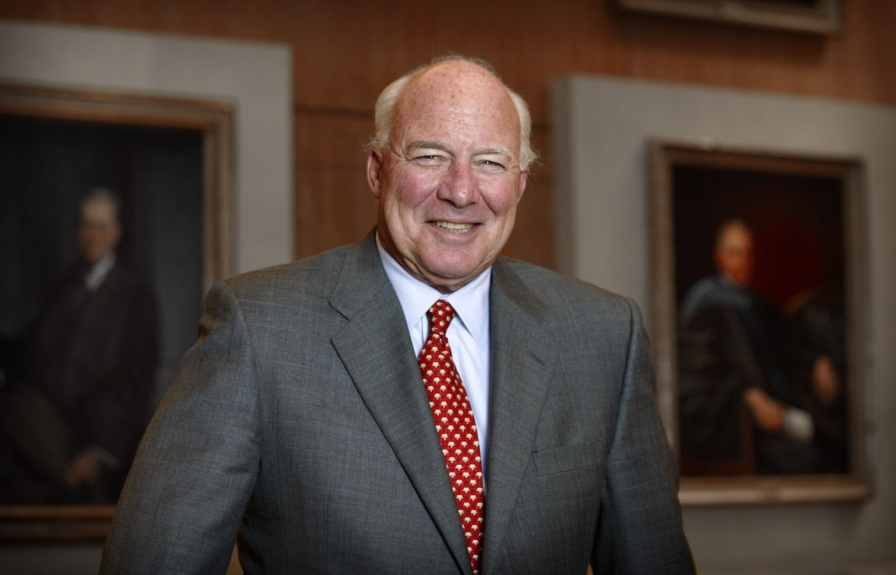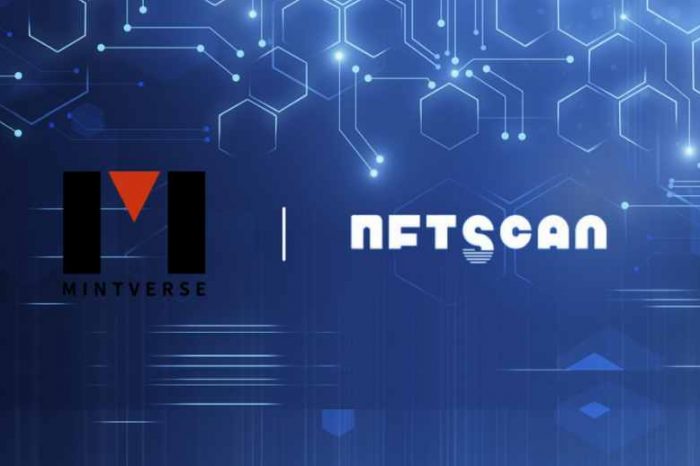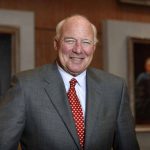What being the CEO of a multi-billion dollar company taught me about fighting cancer, Former Comcast & AT&T CEO Mike Armstrong shares his story

As former CEO of AT&T, Comcast and Hughes Electronics, I have grappled with plenty of risk and uncertainty. From facing the plummeting demand for Hughes’ defense tech products after the Cold War ended to dealing with a $350 million satellite that was incorrectly launched, I’ve seen my share of high-stakes business challenges.
These experiences allowed me to build and practice strategies and tools that ultimately helped me manage the biggest challenge of my life: cancer.
In fact, as I write in my book Cancer With Hope, high-stakes business situations have some surprising things in common with the cancer journey. Both come with considerable uncertainty, risk, and trepidation. Both can stir up intense emotional reactions that can lead to rash decisions and negative thinking. And both involve venturing forward into the unknown.
So when I was diagnosed first with hairy cell leukemia and later with advanced prostate cancer, I tapped into the skills I’d learned as a Fortune 500 CEO. These helped me maintain hope and stay on an even keel throughout even the most trying times. Here’s what I learned:
Focus on the facts. Whether in business or on the cancer journey, it can be easy to get caught up in the anxiety and despair of hypothetical questions and “what ifs.” But the only way to manage all this uncertainty while still being hopeful is to focus on the facts. That’s what I did each time he had a high-stakes business decision to make. On the cancer journey, the facts include current test results, your doctor’s experience, and recommendations, the latest data and research on your type of disease, and the very important fact that there are certain things we simply do not know about cancer
Make a plan. In business, there’s always a plan – and often a contingency plan. The same should be true if you’re facing a health crisis like cancer. Working with your healthcare team to develop a cancer care plan is far more constructive and empowering than worrying about things that are out of your control. Once the plan is in place, concentrate on executing it one step at a time so you don’t lose yourself in the enormity of cancer.
Build an arsenal of resources. Business leaders surround themselves with experts and research teams who can advise them every step of the way. Likewise, nobody should be alone on the cancer journey. There are dozens, if not hundreds, of excellent resources out there for finding information, advice, support, and state-of-the-art treatment.
Reframe the crisis as an opportunity.
When I was faced with the plummeting demand for Hughes’ defense tech products after the Cold War ended, I decided to adjust the company’s focus and significantly expand into non-defense-related commercial products and markets. After much exploration of the ways Hughes’ technology could be used, my leadership team launched DirectTV — the first “national cable company in the sky.” Today it has over 30 million subscribers.
Cancer, too, can bring unexpected opportunities. It dramatically changes our perspective on life and what we want to do with it. Many cancer survivors, including me, have experienced this change. In many ways, it’s the silver lining that comes with that dark cloud of cancer. When we fear our days might be numbered, time becomes much more precious and we develop a fervent desire to use it wisely. For example, one cancer survivor featured in my book devoted her life to helping other people with cancer enroll in clinical trials, another started a nonprofit organization to provide support for young women with breast cancer. As for me, my wife Anne and I are donating most of our net worth to projects that advance medicine, help the disadvantaged, and hopefully make this world a better place. This has infused me with a sense of purpose, which has expanded my hope, empowered my cancer journey, and helped me to thrive.
Mike Armstrong is the former Chairman and CEO of Comcast, AT&T, and Hughes Electronics. He began his career at IBM, where he spent more than three decades rising through the ranks to become chairman of the IBM World Trade Corporation. Having battled leukemia and prostate cancer as well as serious illness throughout the 1990s and early 2000s, he became an active supporter of Johns Hopkins Medical School and its hospitals after retiring from the corporate world in 2002. In 2005, he was named chairman of the Board of Trustees of Johns Hopkins Medicine. Now fully retired, Armstrong is on a mission to share his story as a two-time cancer survivor to help others on the cancer journey find hope. He and his wife Anne are donating most of their net worth to projects that advance medicine, help the disadvantaged, and make this world a better place.




